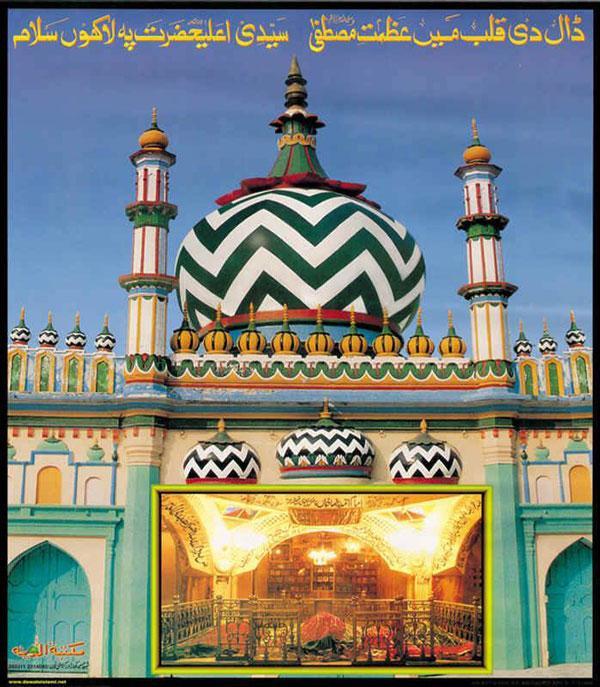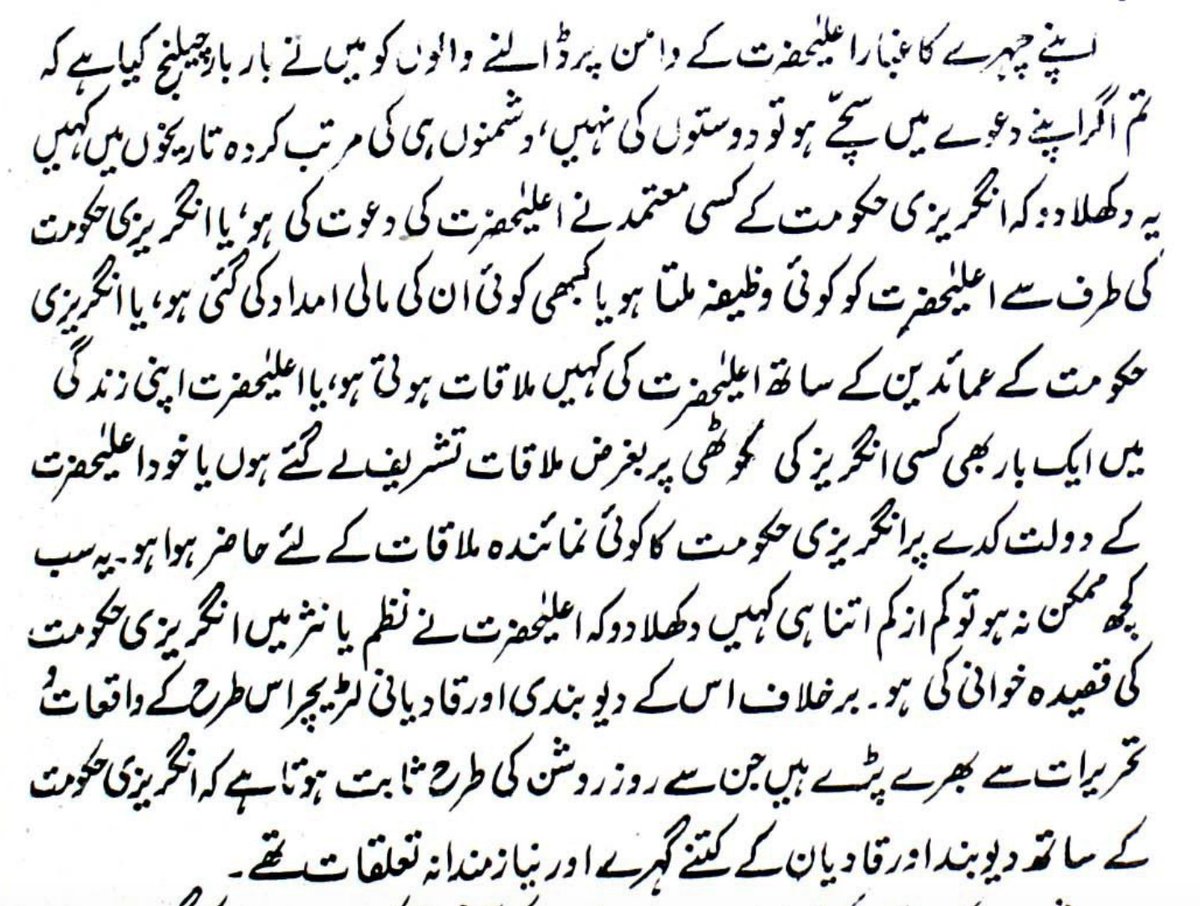
MIRACLE OF RASŪLALLĀH ﷺ MANIFESTED BEFORE ABU JAHL
Mawlānā Jalāluddīn Muĥammad al-Ĥanafī al-Rūmī [604–672 AH / 1207-1273 CE] writes in his Mathnawī:
“There were some pebbles in the hand of Bū Jahl: ‘O Aĥmad,’ said he, ‘tell quickly what this is.
Mawlānā Jalāluddīn Muĥammad al-Ĥanafī al-Rūmī [604–672 AH / 1207-1273 CE] writes in his Mathnawī:
“There were some pebbles in the hand of Bū Jahl: ‘O Aĥmad,’ said he, ‘tell quickly what this is.
https://twitter.com/IbneKhan01/status/1320629822138318849

If thou art the Rasūl, what is hidden in my fist? (Speak), since thou hast knowledge of the mysteries of Heaven.’
He said, ‘How dost thou wish (me to do)? Shall I say what those (hidden) things are, or shall they declare that I am truthful and right?’
He said, ‘How dost thou wish (me to do)? Shall I say what those (hidden) things are, or shall they declare that I am truthful and right?’
Bū Jahl said, ‘This second (thing) is more extraordinary.’ ‘Yes,’ said the Rasūl, ‘(but) Ĥaqq [Allāh] hath greater power than that.’
Without delay, from the middle of his (closed) fist every pebble began to pronounce the Shahādat.
Without delay, from the middle of his (closed) fist every pebble began to pronounce the Shahādat.
Each said, ‘There is no god’ and (each) said, ‘except Allāh’; (each) threaded the pearl of “Aĥmad is the Rasūl of Allāh.’
When Bū Jahl heard this from the pebbles, in his anger he dashed those pebbles on the ground.”
When Bū Jahl heard this from the pebbles, in his anger he dashed those pebbles on the ground.”
• • •
Missing some Tweet in this thread? You can try to
force a refresh






















